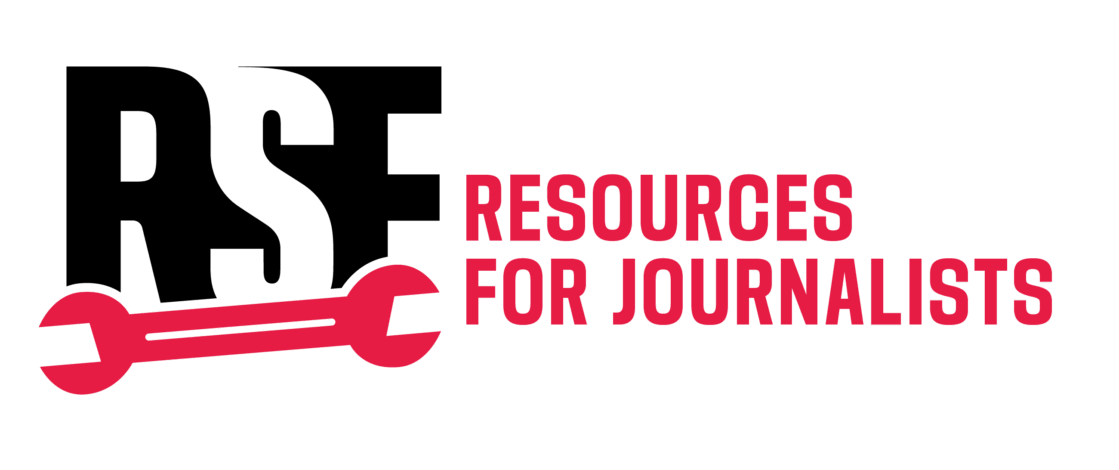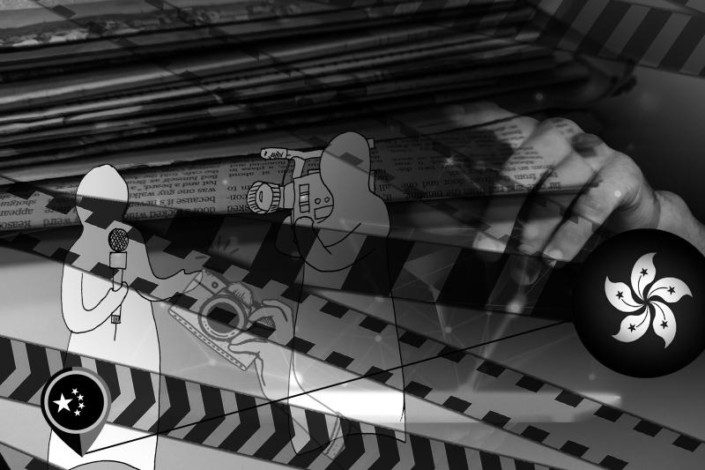In the aftermath of the promulgation of the National Security Law (NSL) in 2020, the Hong Kong Government made bureaucratic and legislative changes that impede access to formerly public records. Not only is it harder for journalists to obtain records, but publishing certain information is now illegal. In this final article of a four-part series, Reporters Without Borders (RSF) along with expert Josephine K., examines how press freedom is impacted by these changes.
Anonymous access to public registries and records is crucial to press freedom and journalists who use public records as a primary source for their investigations. However, since the promulgation of the National Security Law (NSL) in June 2020, the Hong Kong government has, despite the constitutional guarantees provided in the city’s constitution, moved to systemically enact barriers to information held across a variety of government departments. The Companies Registry, Transportation Department, Births and Deaths Registry, Lands Department, and local courts now limit or withhold access to information that used to be publicly and anonymously available.
Contravening press freedom
- Deterrents to investigative journalism. Journalists seeking identifying information like licence plate numbers, or names of company directors, now have to identify themselves and justify their applications for information. Such practice will alert the subject of the search, allowing them the chance to conceal corrupt or fraudulent behaviour, or otherwise subvert further investigation into their involvement.
- Government officials’ power to deny access. The Transportation Department now requires journalists to submit a detailed application justifying their request to access the information, which will then be sent to a government official to decide whether allowing it would be of “significant public interest.” Requests can be denied with no reason given.
- Concealment of corporate executives’ identities. The Companies Registry no longer publicly shows the full names of company directors and stakeholders. Journalists cannot request access to a director’s real identity, even from the “public interest” angle, undermining their ability to report on commercial activities, fraud, and corruption.
- Heavy redaction of court documents. Material submitted in court is rarely made available to the media in Hong Kong. What little information is released about court cases now redacts crucial information including the defendant’s name and nationality, the name of the police officer in charge of the case, and even the charges. Even if a journalist has access to additional information, it severely limits their accurate reporting and puts them at legal risk should their article unintentionally defame an individual by associating them with a crime.
Facilitating abusive prosecution
- Mandatory identification. The requirement to identify “as a journalist” to government registries means applying to access information can alert the government or a corporation that an investigation is underway, and expose the identity of the journalist to them. It could lead to retaliation, harassment, and possibly legal actions against them.
- Fines and potential imprisonment. Journalists who do not divulge their identity or purpose for application for information can be given stiff fines and potentially face imprisonment, despite the risks associated with revealing their personal information. In the post-NSL access to information era, journalists therefore need to be extremely cautious if and when they decide to make information requests.
Josephine K. is a pseudonym as the author wishes to remain anonymous for safety reasons.
← Read Part 1: The National Security Law
← Read Part 2: The Safeguarding National Security Ordinance (“Article 23”)
← Read Part 3: Sedition laws



